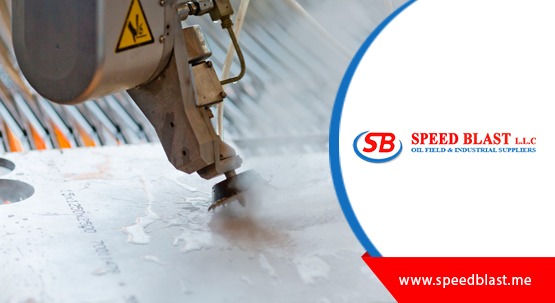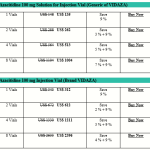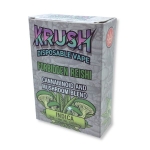Difference between Pure Water jet Cutting and Abrasive Water jet Cutting
According to Wikipedia, a water jet cutter, is also known as a water jet or waterjet. And is an industrial tool which is capable of cutting a wide variety of materials using an extremely high-pressure jet of water, or a mixture of water and an abrasive substance. Cutting with a water jet is used for cutting objects using the energy from high speed, high density, and ultra-high pressure water.
Applications of water jet cutting includes – cutting roof materials, dashboards and bumpers for automobiles, cutting and demolition of concrete structures, cutting aircraft fuselages and more.
Water jet cutting is an important process in automobile or machine industries. Why because of the fabrication and manufacture of machine parts, as well as food production industry, both should be handled very carefully. This method is most preferred in others as well, especially at instances when you work with materials that are highly sensitive, the high temperatures caused by the cutting process. Some examples of such high temperature sensitive materials include aluminium and plastic.
There are mainly three different types of water jet cutting technology available. Pure water jet cutting and Abrasive jet cutting and Polymer jet cutting.
Pure Water jet cutting
In this method, it uses pure water without any additives. This method is mainly used for cutting soft materials like –
- Foam
- Rubber
- Insulation
- Sealing compound
- Paper foils and many more.
This method is less invasive than any other methods. Because it does not need any pressure to the material being cut. And also because of this character, the pure water jet cutting process can create a perfect cut without affecting the edges of the part or the surrounding material.
Abrasive jet cutting
In order to cut harder materials, the single force of a water jet is not sufficient. For achieving the enormous cutting performance for hard materials, an abrasive must be added to the pure water. Normally an abrasive, named special garnet is used for this purpose.
And this process mainly used to cut the following –
- Ceramic
- Metal (steel, aluminium, copper, etc.)
- Plastic
- Stone
Polymer jet cutting
Polymer jet cutting also have the same characteristics as the water jet or abrasive jet cutting, but the major difference is that it have a polymer additive.
Advantages
1. Pure Water jet cutting
- Suitable for very light, soft, or delicate materials
- Very quick cuts
- Won’t generate heat
2. Abrasive jet cutting
- Versatility
- No stress introduced to the material
- Low waste
- Easy setup/li>
- Won’t generate heat
3. Polymer jet cutting
- Cold cutting process
- Deformation of the material can be avoid
- Small cut width and nesting.
- High productivity
The main difference between the different cutting processes is primarily their content of their streams and work materials used. The pure water jet cutter is afforded with light and hygiene sensitive materials whereas the abrasive cutting process make use of mixture of water and an abrasive substance to cut. This mixture gives the process a boost to tackle harder and thicker materials.
Which process in Right for you?
Choosing the right Water jet powerful cutting stream is the main backbone of several industries like – aerospace, manufacturing, fabrication, mining and others due to its versatility and easiness. It is very important that we must understand the difference between the both abrasive and pure water jet options and the selection between pure waterjet cutting and abrasive waterjet cutting should be based on the material hardness, material thickness, and the required level of precision.
This is how you make the best and appropriate decision while choosing the correct tool for your project.
Conclusion
At SpeedBlast, we are specialized in abrasive and pure waterjet cutting and our equipment can cut through nearly any material. Contact us today for more information about our capabilities.









